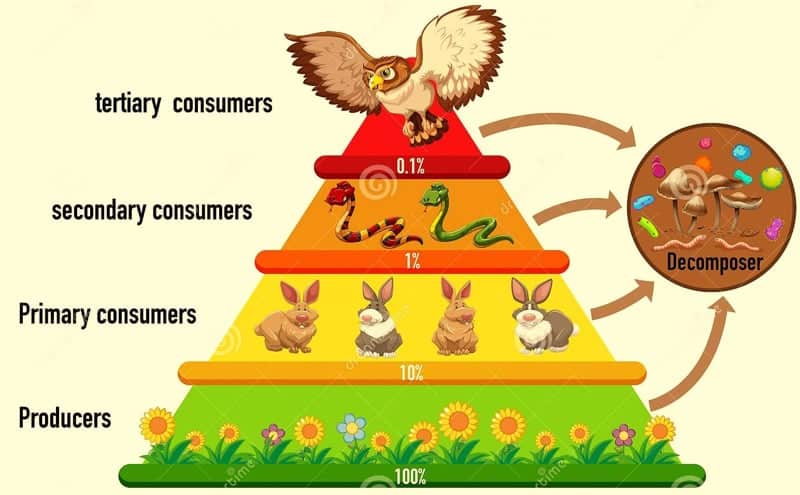Meaning of Commerce
What is Commerce?
Commerce refers to all of the activities entailed in the exchange and distribution of commodities and services.
It is a branch of production which includes the distribution, exchange, and all other activities that aid in or ease trade, such as financing, insurance, commuting, communication, and tourism.
It entails the acquisition, sale, and distribution of products and services. Specialization led to the growth of commerce.

Functions of Commerce
There are several functions that commerce performs, including:
1. Goods and service exchange
Through commerce, facilities are provided for the exchange of products and services for the benefit of people everywhere. A nation can do trade with another nation, such as Nigeria doing business with other nations.
2. Risk management
Through insurance policies on commodities, commerce provides protection against risks in regular commercial operations.
3. An increase in living standards: A nation’s wealth and level of living are largely dependent on the size of its commercial sector. Vehicle, technology, computers, and other items can be purchased by underdeveloped nations from industrialized nations to raise their standard of living.
[irp]
4. Employment possibilities
A significant number of people can find work in the field of commerce, including retailers, wholesalers, bankers, transporters, importers, advertisements, etc.
5. Facilitates quick information transfer
Through communication, commerce facilitates the transmission of both oral and written messages.
6. Financing of trade and other related activities
It enables consumers to make daily purchases and to even start new businesses, and to complete local and international financial transactions.
7. Developmental capabilities
It aids in the economic and technological advancement of a nation. That is, a nation’s economic development may be aided by the flow of commodities and ideas.
8. Warehousing
This gives consumers the chance to receive products when they need them and maintains a continuous supply of them. By keeping the products in the warehouse, this is achievable.
[irp]
Characteristics Of Commerce
Below are some features of commerce:
- Economic Activity: Commerce is the backbone of every economic activity. To make money and accumulate riches, a merchant buys and sells goods. Commerce is needed for any economic growth.
- Profits and revenue generation: Making profits is the driving force behind commerce. Giving gifts to friends is not commerce; instead, the motive force behind commerce is profit.
- Marketing: Marketing is a component of commerce. It involves the trading, distributing, and advertising of goods. It is routinely carried out. Customers are created and satisfied through marketing.
- Business Components: Commerce, which trades in items made by industry, is a business component. Companies generate goods and service while commerce help to distribute them.
- Utility: To meet consumer wants, commerce develops time and place utilities. To create place utility, it transports things from one location of production to another location of consumption.
Factors hampering the growth of Commerce in developing countries
- Political instability
- Poverty
- No internationally recognized markets
- Inadequate communication system
- illiteracy
- Limited capital
- Limited technology
- Ineffective performance infrastructure / inadequate infrastructure
- The country’s low income
[irp]
Factors aiding the expansion of Commerce in developed countries
- The development of modern industrial methods
- Political stability
- The emergence of standard financial institutions
- Establishment of effective communication and transportation systems
- Access to warehouse facilities
- Improving trade-related aids, such as insurance and advertising
- Improvements in literacy and education levels



